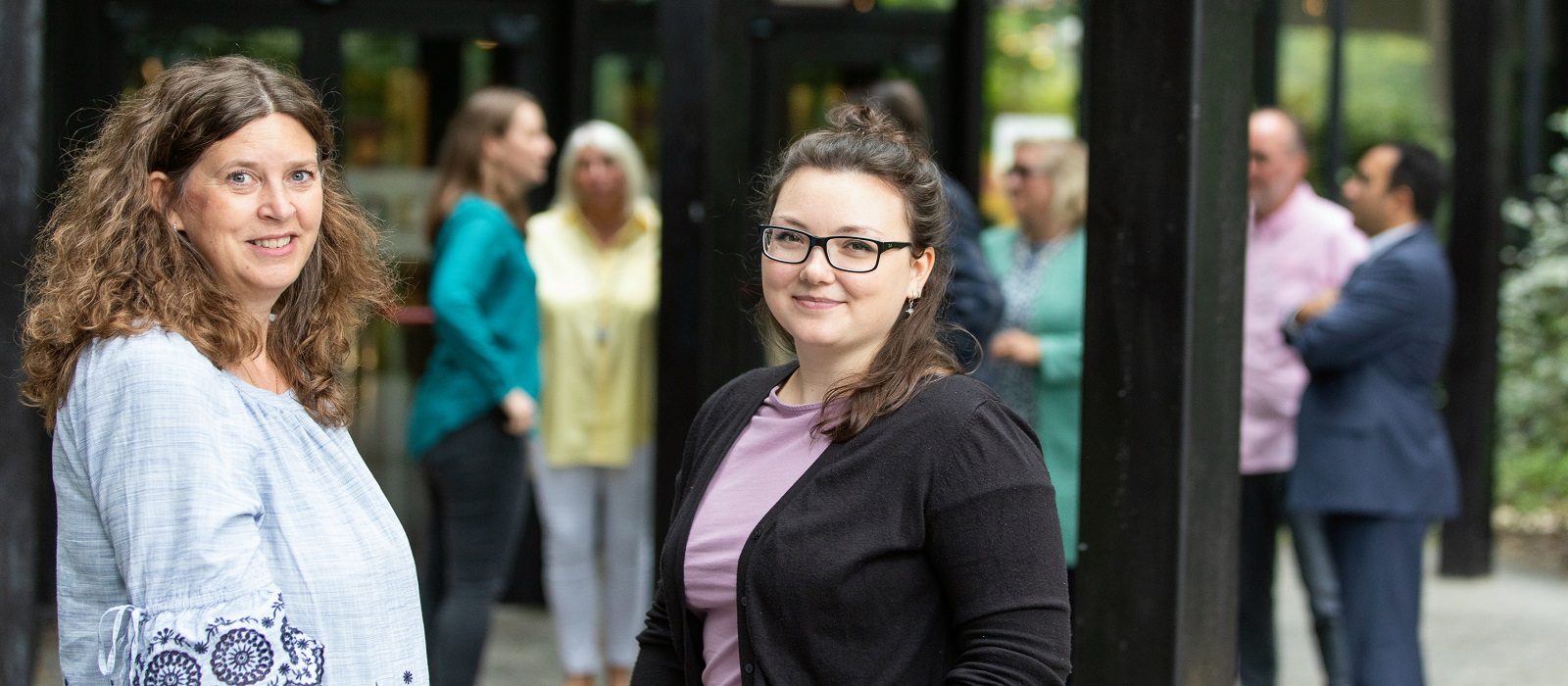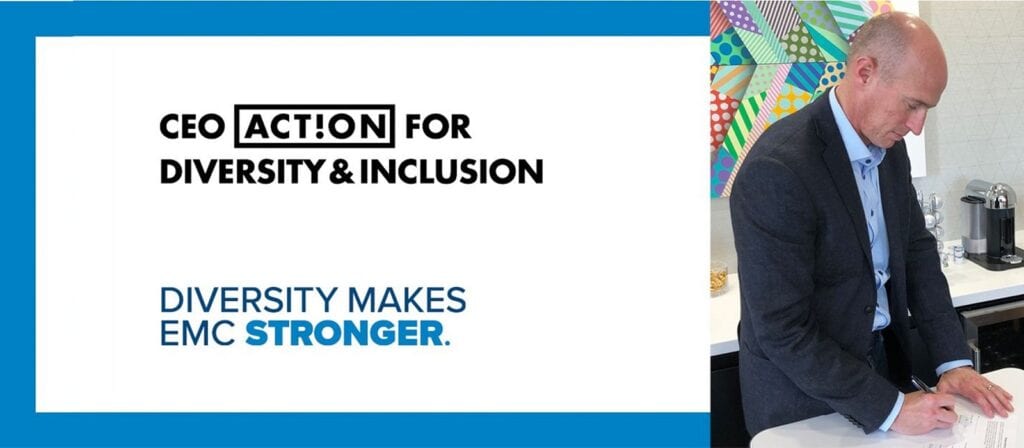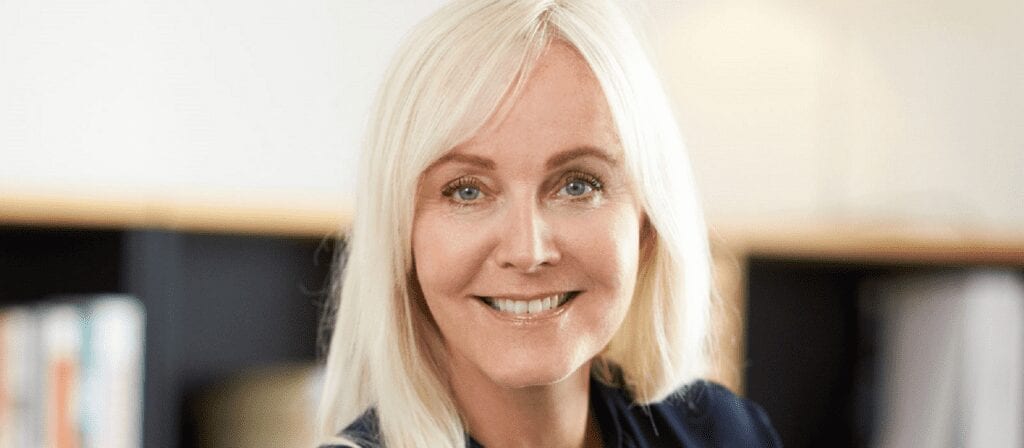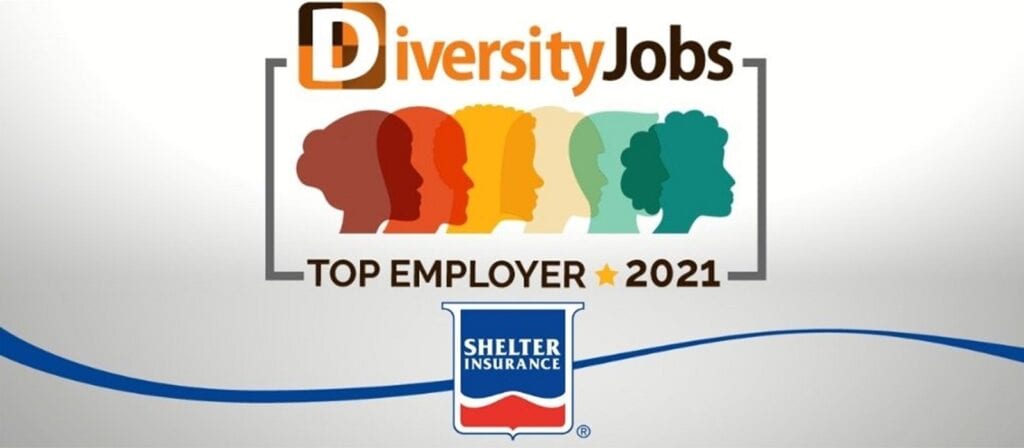Gottfried Rüßmann, CEO of German ICMIF member DEVK, recently signed a Diversity Charter which seeks to promote the diverse talents and skills of each individual within the organisation more than ever before.
The Diversity Charter aims to ensure that all employees are treated with respect – regardless of age, gender, ethnic origin and nationality or physical and mental abilities. Sexual orientation or identity, religion, ideology or social background should also not play a role in how people are treated either, according to DEVK. The Diversity Charter sums up the desired goal in a nutshell: creating a working atmosphere that is fair and trusting for everyone – free of prejudice.
CEO Gottfried Rüßmann signed the charter for DEVK in January 2022 and committed himself to diversity in the workforce. “Diversity is on everyone’s lips these days – and rightly so,” says Rüßmann. “We live in an increasingly heterogeneous society – that should also be reflected in the corporate culture. It is important to me that everyone at DEVK feels comfortable and can contribute their own personality.”
A place for everyone
DEVK says it already has employees from across different generations, with different sexual orientations and identities. There are numerous nationalities, ethnic backgrounds, religions and beliefs represented, as are colleagues with disabilities. “By signing the “Diversity Charter”, we are. in a way. giving ourselves the task of making an even more successful team out of the broad mix of talents and backgrounds that our employees already bring with them,” says Gottfried Rüßmann. DEVK’s ethos is that to promote means first and foremost to perceive the differences between people as enriching and then to use this positively in cooperation.
Diversity is a key factor for the future at DEVK
The social framework, demographic change and the shortage of skilled workers are also fuelling efforts in the area of diversity in many companies in Germany. At DEVK, for example, many employees will retire in the next ten years, especially in eastern Germany. “In order for us to be able to compensate for this loss in good time, we have to approach younger generations, for example,” says Rüßmann.
Experienced colleagues will train the new specialists, says Rüßmann, adding “The more diverse we make our workforce, the more flexible we will be in the future.” In addition, DEVK believes that the diversity of employees also increases their understanding of the individual needs of the insured. Rüßmann concludes by saying: “It is important to me that diversity is part of our corporate culture and that it is recognised as something that goes without saying. I am convinced that valuing diversity broadens our horizons and ultimately makes us more successful.”






